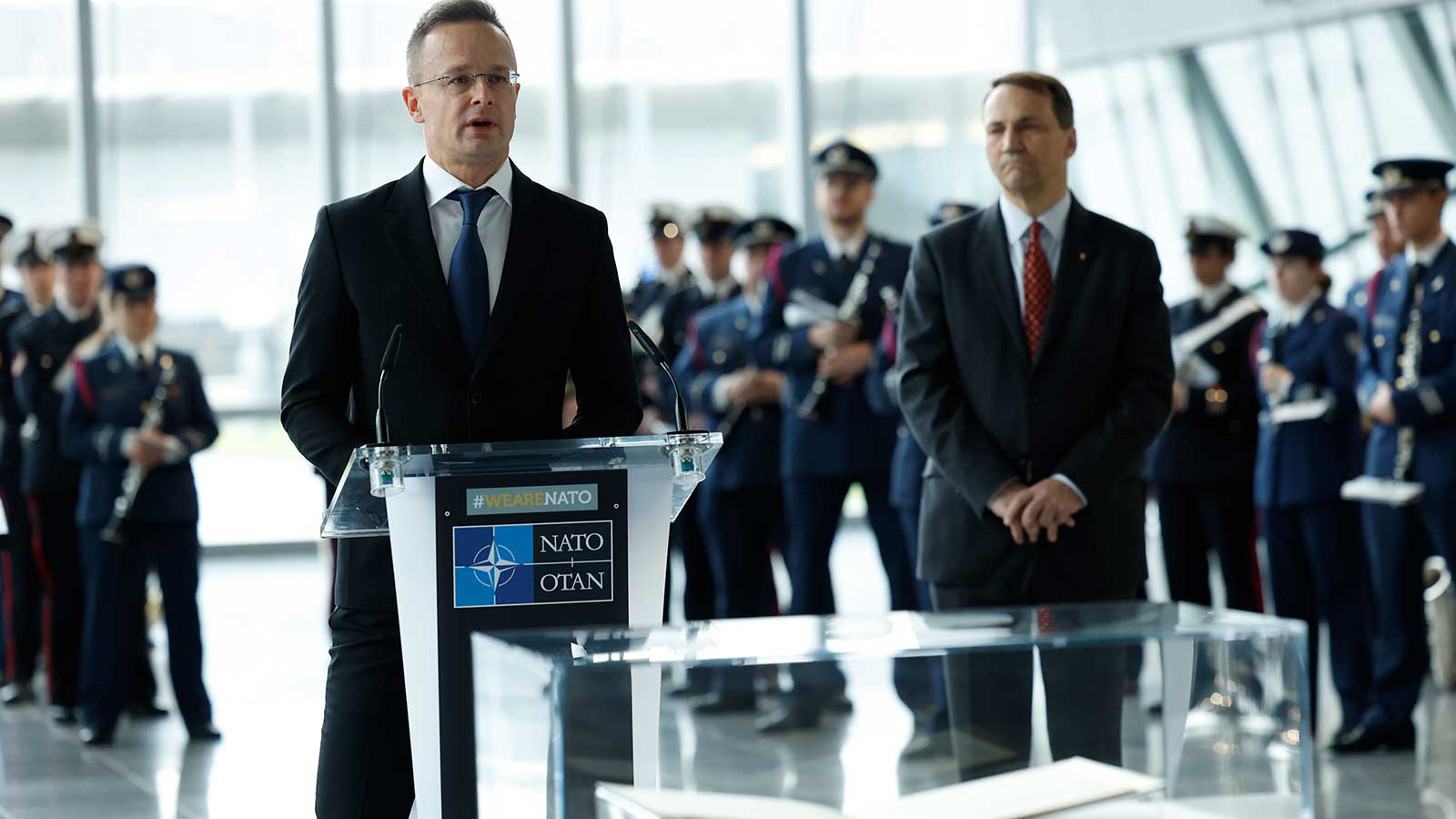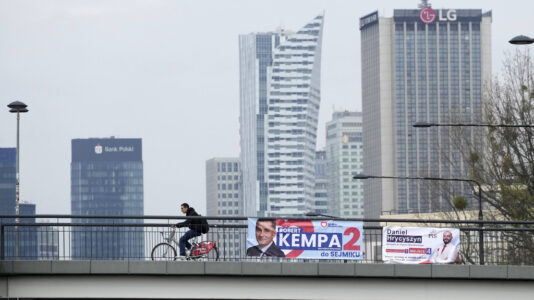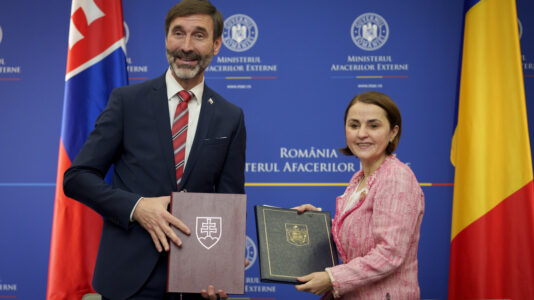NATO is currently in a state of war psychosis, which poses a serious risk of escalation, and must change its strategy as soon as possible, Minister of Foreign Affairs and Trade Péter Szijjártó warned in Brussels on Thursday.
At a press conference following the NATO-Ukraine Council meeting, Szijjártó said that everything discussed at the meeting confirmed the need for peace as soon as possible, as the situation on the battlefield clearly shows that without a quick diplomatic solution, the number of dead and the destruction will increase dramatically.
“It is clear that hostilities are becoming more active and their consequences more serious, and that to save lives and prevent destruction, all efforts should now be focused on peacemaking,” he warned.
Szijjártó said it was bad news that Hungary’s view is currently only a minority position within NATO and cited an unnamed counterpart at the meeting who said, “The goal is not to find peace but to win the war.”
“This is pretty much the kind of war psychosis that characterizes NATO member states today. The vast majority of speeches today have been about how to increase arms supplies to Ukraine,” he said.
In this context, he pointed out that it is becoming increasingly difficult to assemble arms shipments, partly because a large number of the Allies have now almost completely surrendered the military equipment in their warehouses. Szijjártó recalled that Hungary is currently performing air policing tasks in Slovakia together with the Czech Republic because Bratislava has handed over all its aircraft to Kyiv and the new ones have not yet arrived.
He recalled that it was also said at the meeting that the munitions depots across Europe should be emptied, i.e., all existing equipment should be handed over to Ukraine, and this desperation clearly shows that arms deliveries are becoming increasingly difficult.
“Not only for the physical reasons that there are simply not enough weapons but also because arms transfers have so far proved unsuccessful compared to the objectives,” he said.





